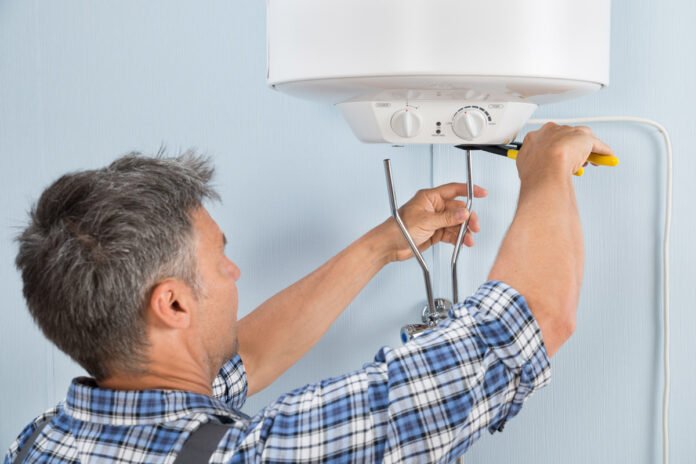For homeowners, replacing a water heater is frequently an unforeseen but essential investment. Knowing what affects the cost can help you make an informed choice, regardless of whether your old unit has finally given out or you want to update for efficiency.
Type of Water Heater:
Your choice of water heater type has a big influence on replacement costs. Conventional tank water heaters and tankless water heaters are common choices. Tankless heaters typically have higher initial costs because of their sophisticated technology and installation needs. Despite requiring a larger initial investment, they have the potential to lower long-term operating expenses because they are energy-efficient and can produce hot water on demand. If you are considering replacing your water heater, https://www.handymansingapore.net/water-heater-installation/ are the best for installing it.
Size and Capacity:
The water heater’s size and capacity are important factors to take into account. Larger tanks or more efficient tankless types are usually needed in larger households or homes with higher hot water demands. The size and capacity of a water heater affect its price. Sizes for conventional tank water heaters normally vary from 20 to 80 gallons, with larger tanks resulting in higher costs. https://www.handymansingapore.net/aircon-services/ are the best for this task as they have extensive knowledge and can handle it with ease.
Installation Costs:
The cost of installation can vary significantly based on a number of factors, including local labor rates, the location of the water heater, and the complexity of the installation. Installing tankless water heaters might be more expensive than simply replacing conventional tank heaters since they could need extra electrical work or adjustments to the gas line.
Energy Efficiency:
Although they may initially cost more, energy-efficient models—such as ENERGY STAR certified water heaters—can eventually result in cheaper electricity bills. These models function more efficiently than ordinary ones and reduce heat loss thanks to modern technology. When selecting energy-efficient water heaters, homeowners may be eligible for rebates or tax benefits, which might partially cover the initial costs.
Location and Accessibility:
The water heater’s actual location within the house has considerable impact on replacement prices. Replacing a water heater in a utility room or basement is usually less difficult than doing it in a small area or an unusual place. If more time and effort is needed for removal and installation due to accessibility concerns, labor expenses could go up.
Plumbing Settings and Upgrades:
Examine the effect of current plumbing layouts on replacement expenses. To satisfy modern plumbing regulations or fit newer water heater models, older properties might need to be updated. Installing more valves, replacing rusted pipes, and redirecting pipes are a few examples of factors that can dramatically raise installation costs.
Material and Brand Quality:
The cost of replacement depends on the brand’s name and the quality of the materials used. Although they may cost more up front, high-quality water heaters from recognized companies may last longer and be more reliable, which might save money on replacement and maintenance costs in the future. Before buying a water heater, it’s smart to do some homework on different models, check out customer reviews, and think about how much it will cost over time. While less expensive models or unknown brands may seem like better deals at first, they may end up costing more in the long run since they need to be repaired or replaced more frequently.
Emergency or After-Hours Installation:
Consider the effect of timing on replacement costs, particularly for emergency or after-hours installations. It is important to discuss the fact that hurried replacements brought on by sudden breakdowns or leaks can result in increased labor expenses. In order to reduce the likelihood of emergency replacements and the costs involved, emphasize the value of routine maintenance.
